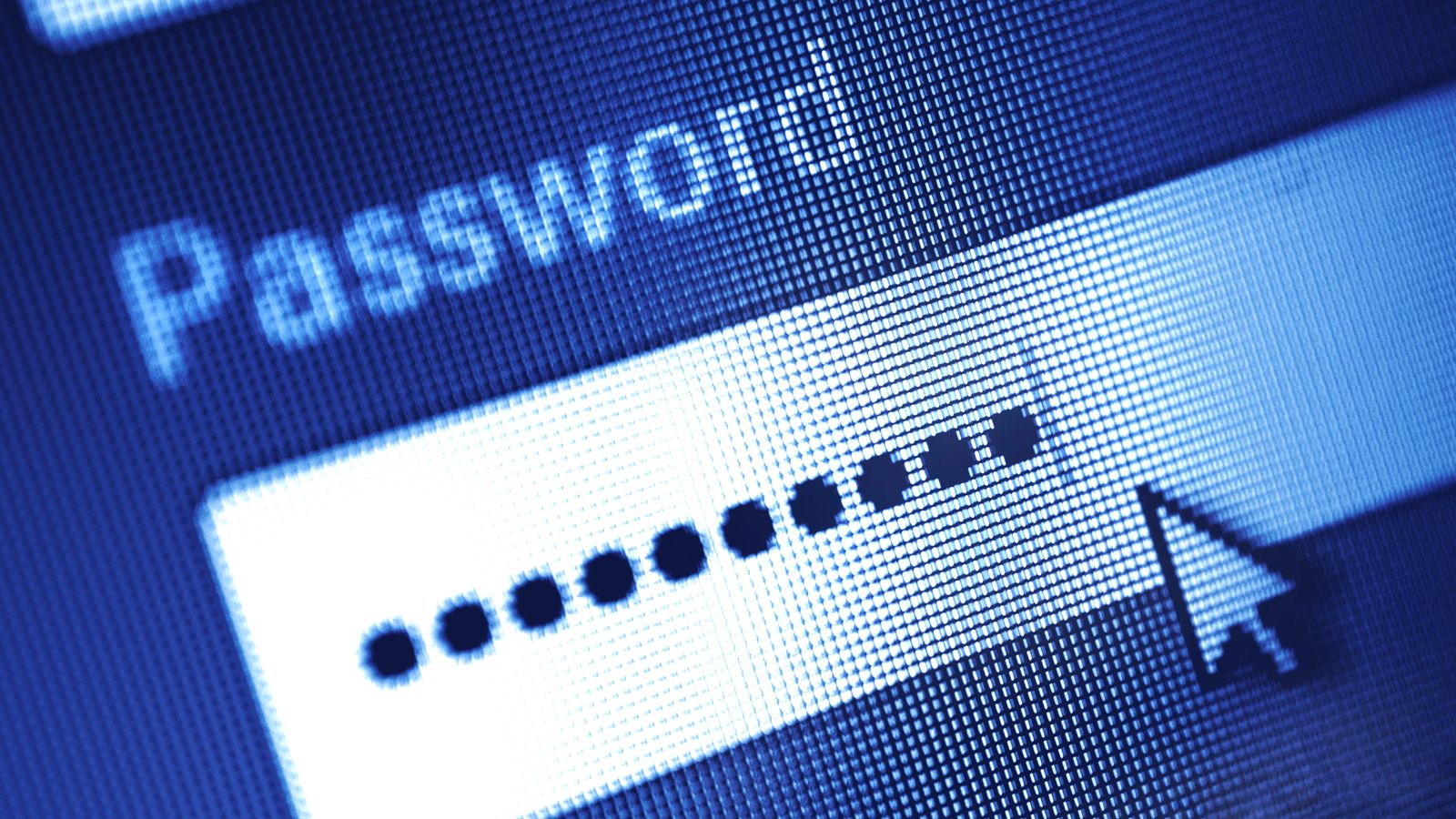Microsoft is allowing people to ditch their passwords in favour of using fingerprints, facial recognition and authenticator apps instead.
The technology company claims the move will make users more secure as passwords can be an easy target for people looking to hack into accounts.
Customers will be able to ditch passwords from today, although Microsoft states the “feature will be rolled out over the coming weeks”.
At the moment, users need to opt in – and people can continue using passwords if they want to.
Vasu Jakkal, a corporate vice president for security, compliance and identity, wrote a blog on the move.
She said: “Weak passwords are the entry point for the majority of attacks across enterprise and consumer accounts.
“There are a whopping 579 password attacks every second – that’s 18 billion every year.”
Apple issues emergency software update after discovery of ‘zero click’ malware
Nine cyber attacks on UK’s transport sector missed by mandatory reporting laws
Russian-speaking hackers claim major ransomware attack which has hit hundreds of US companies
She goes on to say that traditional passwords tend to be vulnerable due to reasons like human nature.
Ms Jakkal points out that people make passwords that are easy to remember, which can therefore be “easier for a hacker to guess”.
She adds that people looking to maliciously access accounts can use tools which try many different combinations of passwords very quickly, or use tactics like email scams to try and get users to mistakenly give up their details.
The removal of passwords was trialled for Microsoft’s business customers before being rolled out to the public.
Subscribe to Into The Grey Zone podcast on Apple Podcasts, Spotify, Spreaker
Joy Chik, Microsoft’s corporate vice president of identity, said in another blog post that the company’s identity product team has been working on “ending the era of passwords for organisations”.
In a report, Microsoft stated that by the end of 2020, the number of consumers using Windows Hello – the biometric login feature – rose from 69.4% to 84.7%.






















